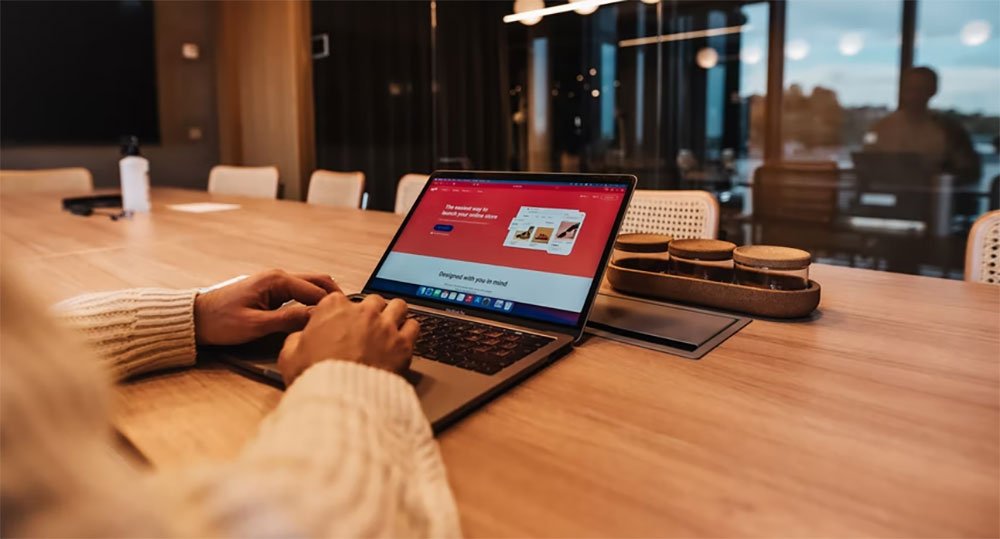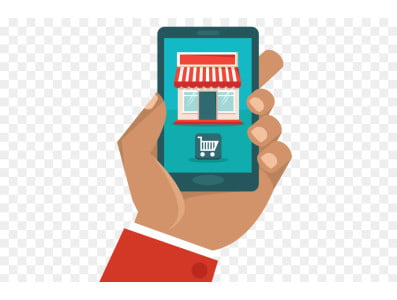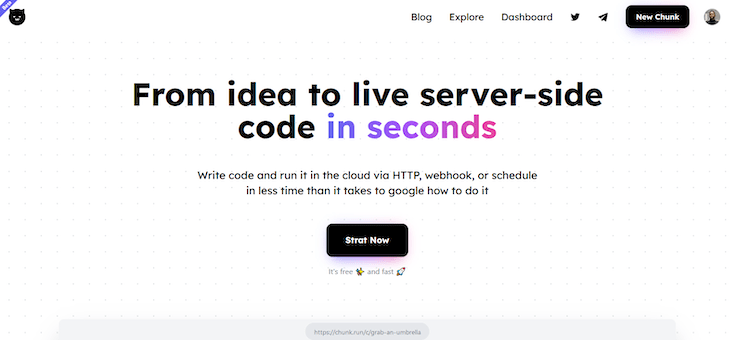
The rise of the eCommerce market has tempted many entrepreneurs to launch their online stores. You can promote your products to a global audience and access plenty of data about their buying patterns and preferences.
Also, launching an eCommerce website is an excellent way to retain customers and win their loyalty.
But many new business owners don’t realize that venturing into the eCommerce space isn’t as simple as building a stellar website and listing your products.
Building an eCommerce Website: A Closer Look
Table of Contents
Of course, you need a well-designed website to showcase your products and acquire new customers. But you have to think beyond visual appeal and identify ways to deliver an excellent online shopping experience. That involves working on various aspects, including website speed, navigation, and mobile responsiveness.
If your website gets flooded with usability issues, you’ll struggle to convert visitors into paying customers and generate revenue from online sales.
It emphasizes the importance of working with an experienced web design agency experienced in building eCommerce websites. While you could run a Google search to find web design companies with good reviews, it’s a good idea to ask for referrals in your local community.
So, if your business is in Halifax, ask for recommendations for a company that specializes in eCommerce web design in Halifax. A good web design agency helps you create a website that caters to the likes and preferences of your target customers. Also, they’ll help you improve user experience and conversion rates on your website.
Besides working with a skilled web design agency, it’s also crucial to avoid the following mistakes while creating your eCommerce website:
1. Too Many Images, Too Little Text
That’s right. Adding high-quality images to your website isn’t the secret sauce to driving conversions.
Of course, images and videos are crucial for grabbing the attention of website visitors and giving them a fair idea of how your products work. But consumers need textual information to understand various aspects of the product, such as the dimensions and materials used.
That emphasizes the importance of providing concise and well-written product descriptions on your website. Make sure you strike a balance between visual elements and text.
Also, if you’re uploading images to your website, make sure you optimize them using suitable plugins. Otherwise, it’ll slow down your website, prompting visitors to exit without making a purchase. Besides taking a toll on sales, a slow website will also pull down your search engine rankings.
2. Pop-Ups Everywhere
Pop-up boxes are an excellent way of compelling website visitors to take the desired action. They’re ideal for promoting new products, discounts, offers, etc. Also, they come in handy for generating leads from your website.
But overuse of pop-ups can become the biggest deterrent to a frictionless purchase experience. No one wants to go through the trouble of closing intrusive pop-ups the moment they visit a product page. Nor do they enjoy the sight of large, poorly designed pop-ups that block their view.
If you’re planning to add pop-ups to a web page, keep them small and easy on the eyes. Also, provide visitors with a clear way to exit the pop-up and continue browsing your website.
It’s equally crucial to avoid flooding visitors with promotions and discounts as soon as they land on your website. Instead, wait for cues, such as when the mouse pointer hovers over the exit button or the visitor reaches a specific section, before displaying the pop-up box.
3. Poor Search Experience
Modern consumers are used to accessing information at the click of a button. They don’t have the patience to scroll through different categories to find the product they want to buy.
If they’re already sure of what they need, they’d rather run a quick search on your website to find the right product. If your website doesn’t offer a pleasant search experience, you will lose these visitors who’re ready to purchase.
Therefore, it’s crucial to implement advanced search functionalities on your website. Use proper code to create an algorithm that returns the right products for different search queries. Also, make sure visitors can filter and sort the search results based on different parameters.
In Conclusion
An eCommerce website is the digital equivalent of a brick-and-mortar store. As a business owner, you should focus on improving user experience to engage website visitors and drive conversions.
Besides the mistakes we’ve discussed, avoid complicating the checkout process with unnecessary steps. Also, simplify the site architecture to ensure that visitors can easily navigate your website and find what they’re looking for.






